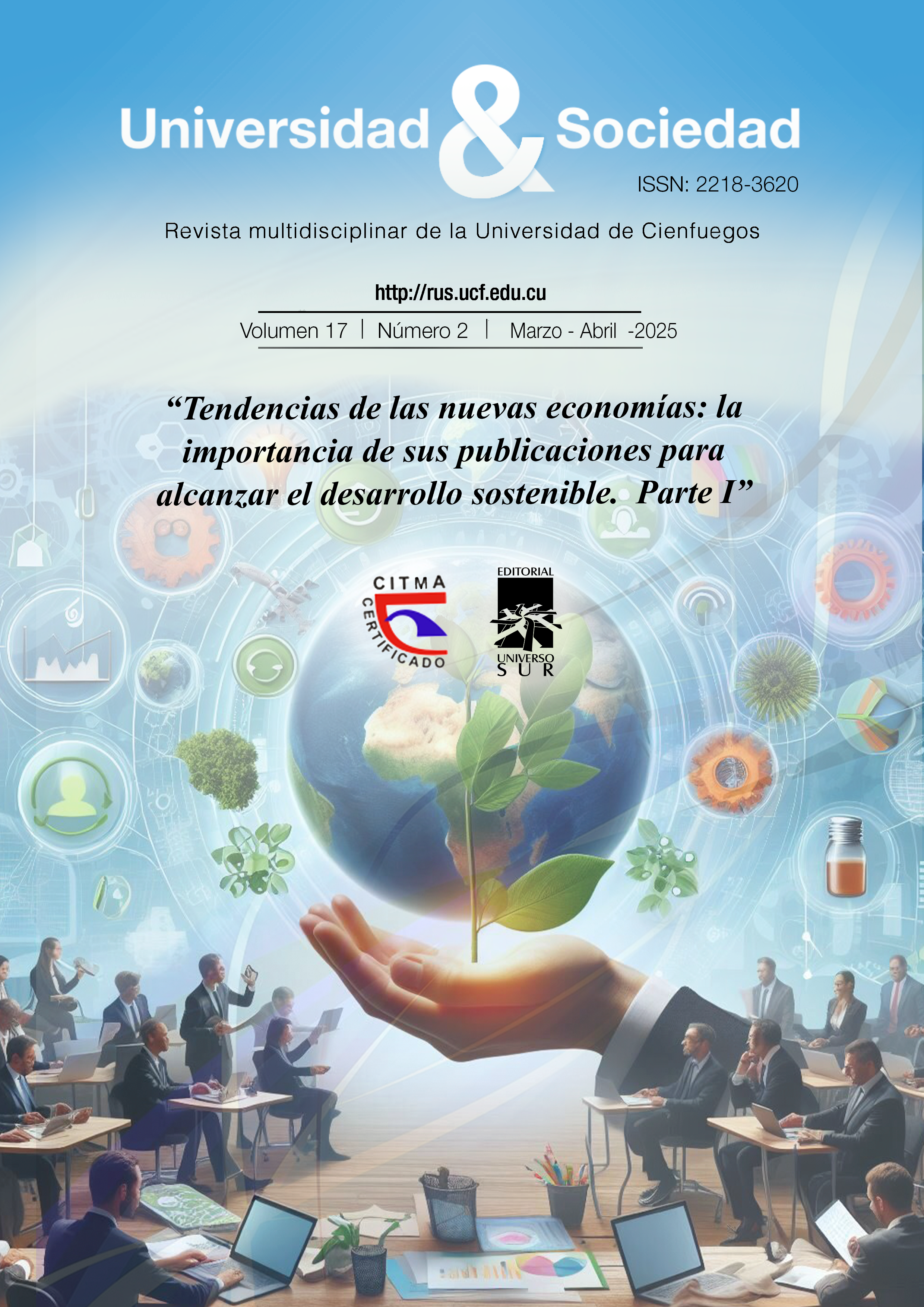Theory and current problems of students' moral upbringing
Keywords:
Moral education, Ethical pedagogy, Cultural values, Educational framework, AzerbaijanAbstract
Moral education is an important element of holistic human development and social cohesion, particularly in an era marked by technological disruption, environmental and health crises, and conflicts that have led in many cases to social fragmentation. While existing literature emphasizes the fundamental role of families and educational institutions in cultivating ethical behavior, contemporary challenges such as digital misinformation, declining trust in traditional authorities, and tensions between cultural identity and universal values underscore critical gaps in addressing the dynamic needs of modern moral pedagogy. This paper analyzes some benefits of, and challenges to overcome by, the theory of moral education of students in the educational context of Azerbaijan following a historical, pedagogical, and cultural approach. Through theoretical analysis and observation, it was found that: (1) moral education should be systematically integrated into all curricula, combining theoretical instruction, discussions on ethical dilemmas, and community-oriented activities; (2) Cultural values such as patriotism, respect for elders, and national dignity play an important role in civic responsibility; and (3) it is important for educators to balance tradition with adaptability to address changing social norms. We highlight the need to expand collaboration between families, schools, and policymakers to implement scalable moral education frameworks. This will enable the promotion of pedagogies that help foster empathy, critical thinking, and resilience among future generations.
Downloads
Published
How to Cite
Issue
Section
License
Copyright (c) 2025 Editorial "Universo Sur"

This work is licensed under a Creative Commons Attribution-NonCommercial-NoDerivatives 4.0 International License.
La editorial "Universo Sur", de la Universidad de Cienfuegos, publica el contenido de la Revista "Universidad y Sociedad" bajo una Licencia Creative Commons Atribución-NoComercial-SinDerivar 4.0 Internacional.
© Podrá reproducirse, de forma parcial o total, el contenido de esta publicación, siempre que se haga de forma literal y se mencione la fuente.










